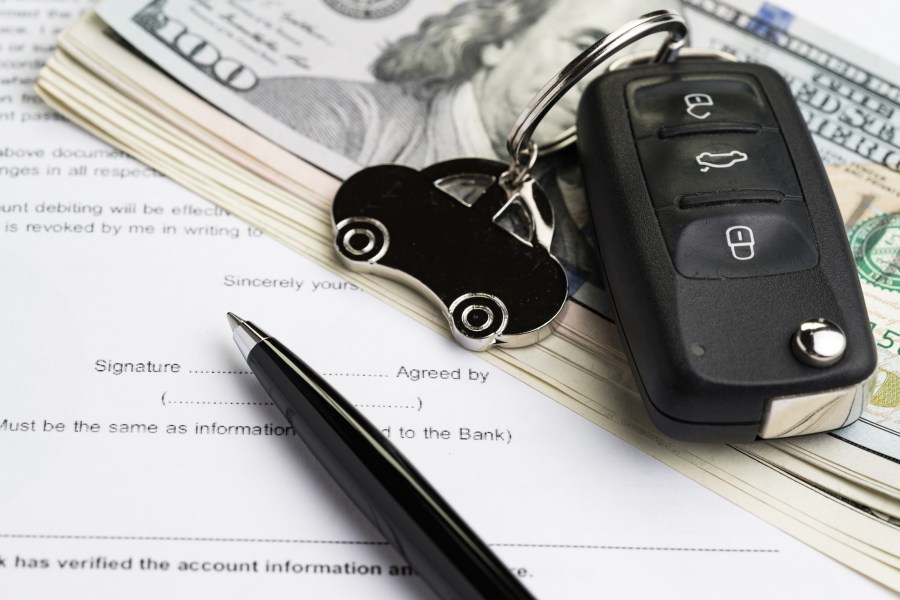Purchasing a car without a valid driver’s license is legally possible, but it complicates the buying process significantly. While a driver’s license is essential for operating a vehicle, it is not a requirement for buying one. Understanding the implications and steps involved can help navigate this unusual situation.
Reasons for Buying a Car Without a License
There are several scenarios in which individuals might find themselves purchasing a car without a driver’s license. Some common reasons include:
– **Anticipating Future Licensing**: A person may wish to buy their dream car before obtaining their license.
– **Gifting a Vehicle**: If a vehicle is intended as a gift, the title must be transferred to the recipient.
– **Business Needs**: Business owners may need a vehicle for operations, even if they do not drive it themselves.
– **Caregiver Arrangements**: Individuals who cannot drive due to health issues may buy a car for a caregiver to operate.
– **Collecting or Investment**: Car enthusiasts or investors often purchase vehicles for their collections.
– **Minor Drivers**: Parents may buy vehicles for children with learner’s permits, provided a licensed adult accompanies them during practice.
Registration and Insurance Considerations
While purchasing a vehicle is feasible without a license, registration poses a hurdle. To register a vehicle with the Department of Motor Vehicles (DMV), a valid license and proof of insurance are typically required. Therefore, if one does not have a license, the vehicle must be registered in someone else’s name, or under a business name if applicable.
In various states, particularly those that recognize antique or collectible vehicles, registration may not be necessary if the car is not intended for public road use.
When it comes to financing, securing a car loan without a valid license can be challenging. Many lenders require a driver’s license, but some online lenders and credit unions might offer financing options without one. Providing a different form of identification, such as a state-issued photo ID, can aid in the process. Bringing the primary driver along during the loan application may increase the likelihood of approval.
Obtaining car insurance also presents its own challenges. Most states require proof of insurance to register a vehicle. While it is possible for an unlicensed driver to secure insurance, the process can be cumbersome. Some insurance companies may deny coverage if the applicant is not the primary driver. A potential workaround is to add a co-owner during the purchasing process, allowing them to apply for insurance coverage. Alternatively, the unlicensed buyer can be listed as an excluded driver on the policy, ensuring the licensed driver is the primary policyholder.
The nuances of purchasing a car without a driver’s license highlight the importance of planning ahead. While it may be feasible, obtaining a license could streamline the process and reduce complications.
According to iSeeCars.com, a car search engine that has saved users over $332 million through data analytics, understanding the various regulations and requirements for buying a vehicle can significantly impact the experience. As this process can be fraught with difficulties, prospective buyers are encouraged to research thoroughly and consider obtaining a driver’s license if possible.
